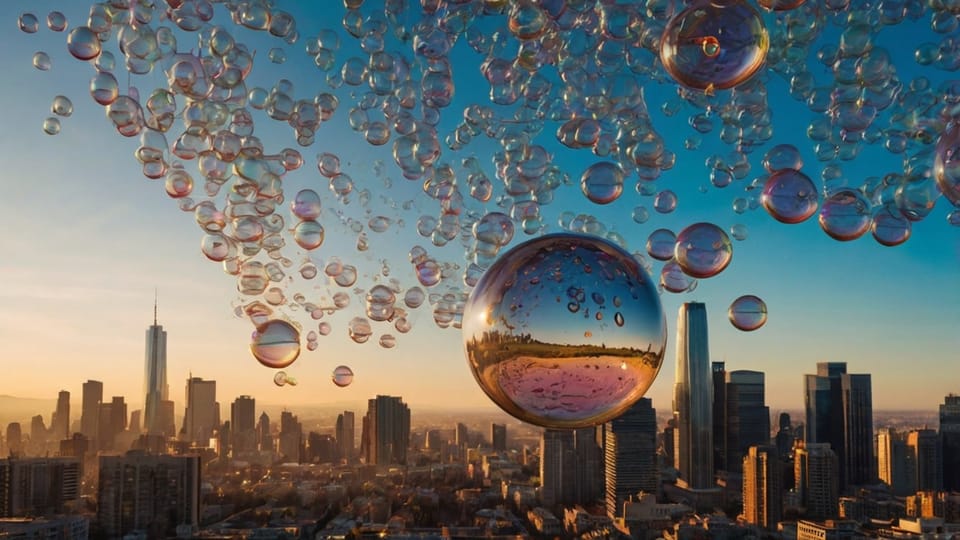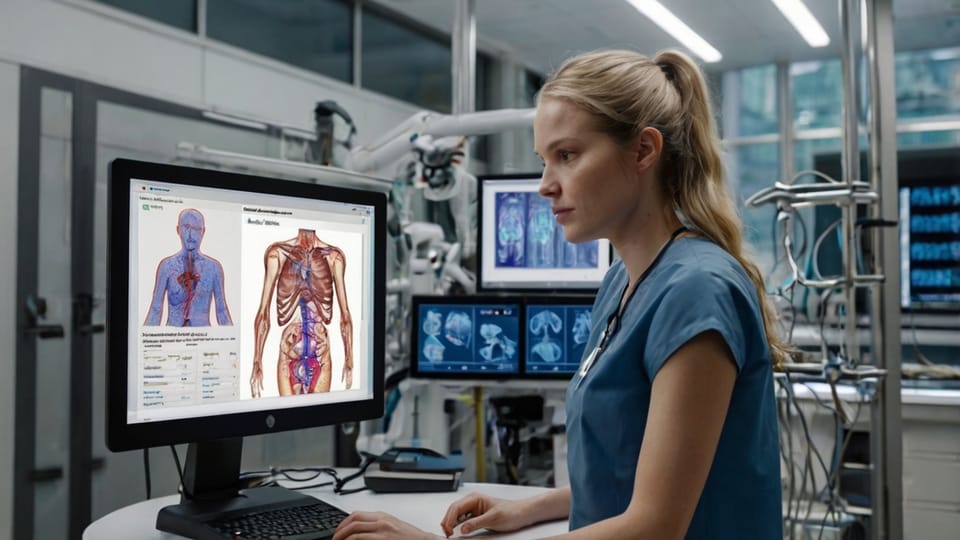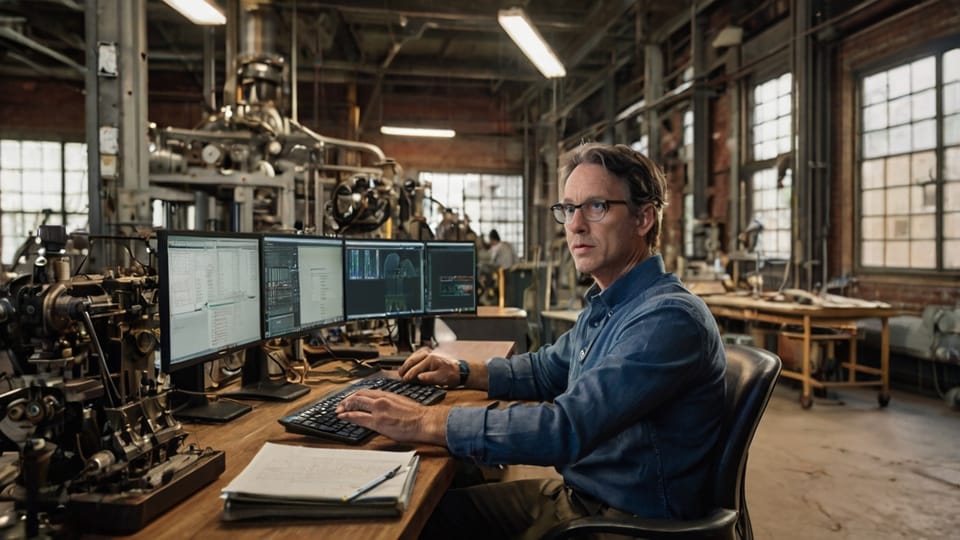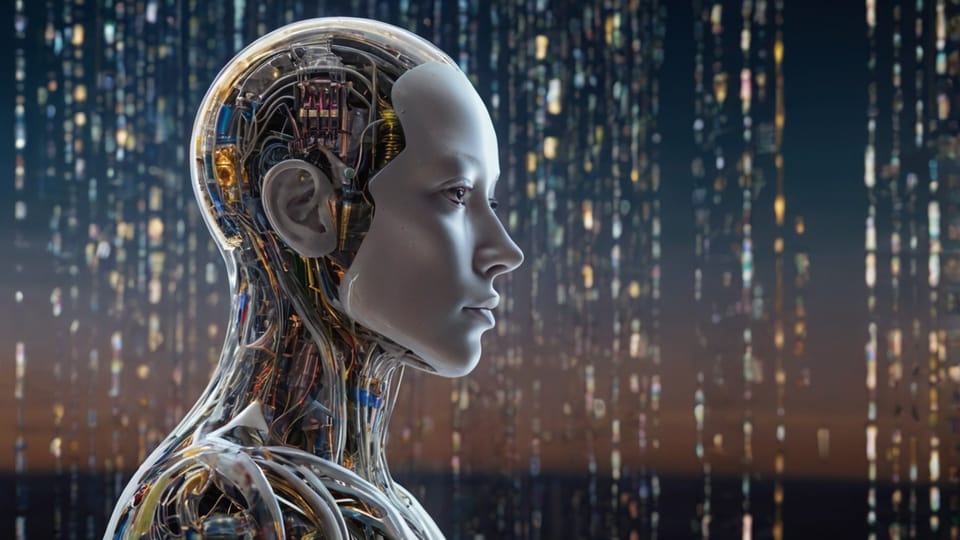FAKE NEWS: AI-Generated Film and Music Issues
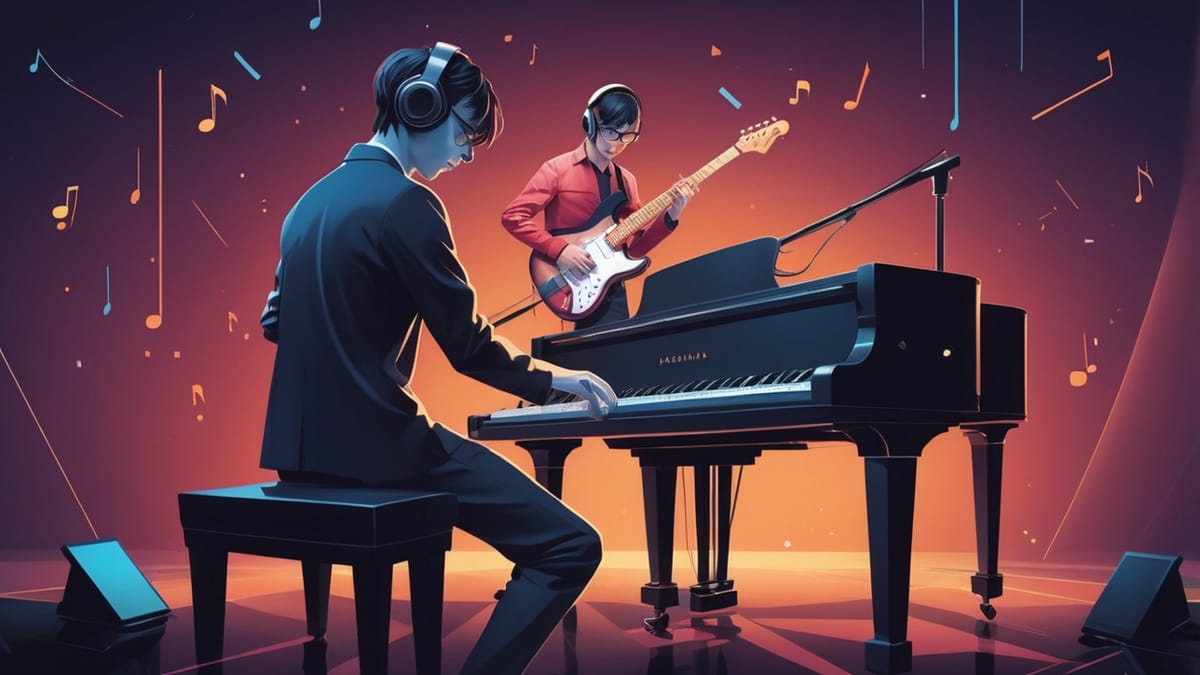
If you think musicians are at risk from AI content, imagine being a writer, ESPECIALLY when "articles" like this are autogenerated by AI tools (Claude in this case). This article is entirely fictitious but Claude never indicated that to be the case during the generative cycle.
Oh great, another week brings another wave of AI-generated "content" flooding our screens and speakers. The creative industry's race to the bottom continues as studios and labels embrace artificial shortcuts over authentic artistry. While tech evangelists celebrate this "democratization of creativity," they conveniently ignore the very real damage being done to working artists and the overall quality of our cultural output.
The Harsh Reality Behind the Hype
Take Universal Music's recent announcement of their "AI Voice Clone Studio" that lets any artist license their voice for AI-generated songs. Sure, they frame it as "expanding creative possibilities," but let's call it what it really is - a way to squeeze more profit from artists while gradually making them obsolete. As noted entertainment lawyer Sarah Chen points out:
"These AI music deals often heavily favor the labels, with artists receiving minimal compensation for the unlimited use of their voice prints. It's a concerning power shift that could fundamentally alter artists' ability to control their creative legacy."
When Algorithms Replace Artistry
Meanwhile, Paramount Pictures just launched their "AI Script Enhancement Suite" which they claim will help screenwriters "optimize" their stories. Translation: homogenizing creative works to fit whatever formula their algorithms deem most profitable. We've already seen the results with their recent AI-"enhanced" film "Digital Horizon" - a soulless mashup of every sci-fi trope that somehow managed to be both predictable and incoherent.
Even indie creators aren't safe. Adobe's new "GenerativeScore" feature in Premiere Pro is being marketed to small producers as a way to avoid music licensing costs. But as composer Marcus Rivera notes:
"AI music tools are creating a race to the bottom in terms of quality and compensation. Why would anyone hire composers when they can generate unlimited generic tracks for pennies?"
A Framework for Ethical AI Integration
If we must use these tools (and let's be honest, studios will force them on creators regardless), here's how to minimize the damage:
- Use AI only for technical tasks, not creative decisions
- Ensure fair compensation for any artists whose work trains the AI
- Maintain human oversight and final creative control
- Clearly disclose AI usage to audiences
- Support initiatives protecting artists' rights
The Contrarian View
Of course, there are those like Dr. James Morton, Director of Creative AI at Stanford, who argue that "AI democratizes creativity and enables new forms of artistic expression." But this conveniently ignores how these tools are primarily being deployed - not to empower individual artists, but to help large corporations reduce costs by gradually eliminating human creators.
Until we establish real protections for artists and set meaningful standards for AI-generated content, we're headed toward a creative wasteland of algorithm-approved mediocrity. But hey, at least it'll be profitable.
